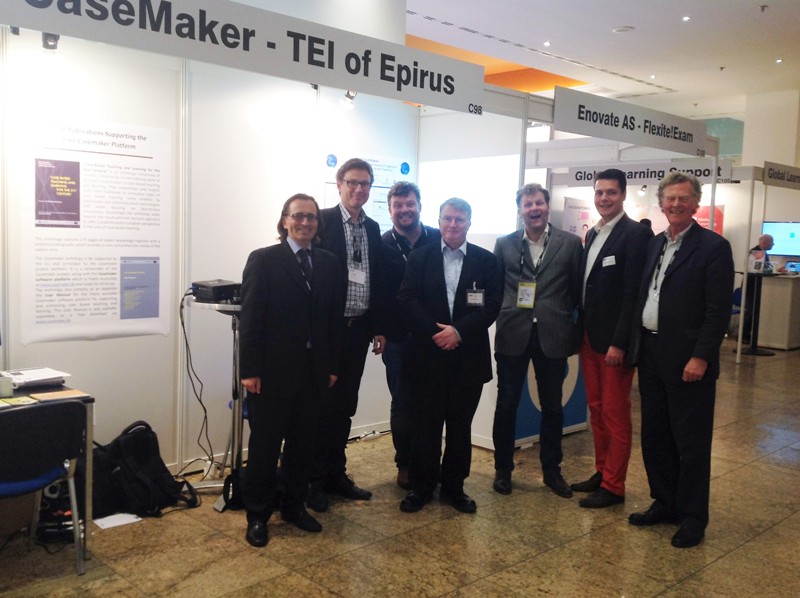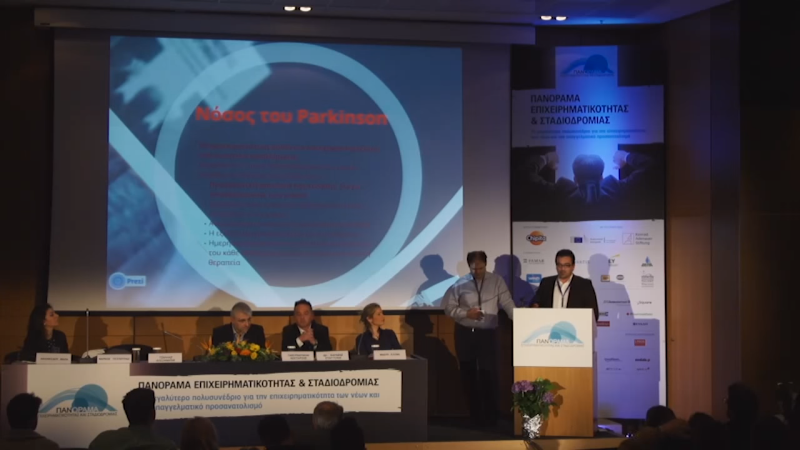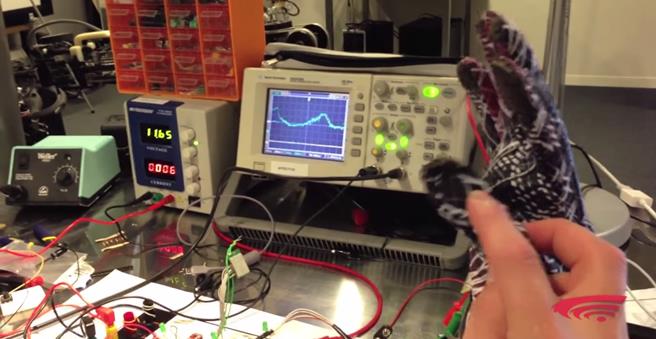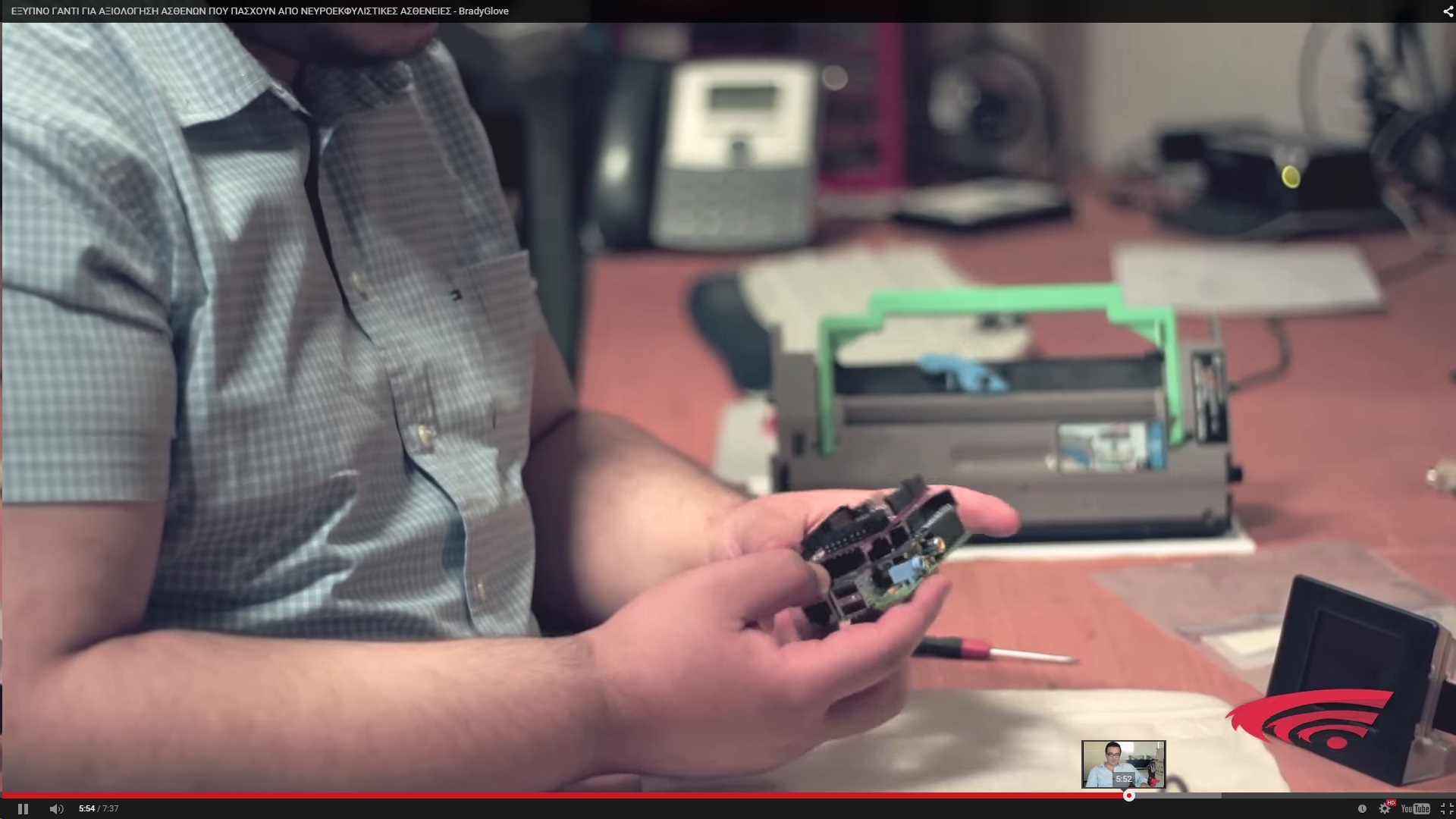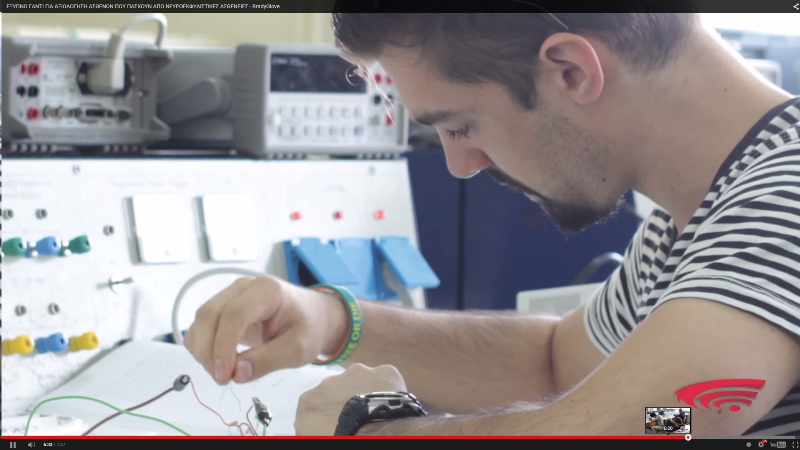Department of Computer Engineering
Educational Objectives
The educational mission of the Computer Engineering program is to graduate students who have fundamental technical knowledge of their profession and the requisite technical breadth and communications skills to become leaders in creating the new techniques and technologies which will advance the general field of Computer Engineering. The Bachelor of Science program in Computer Engineering is designed to give a student a strong background in the fundamentals of Computer Engineering. A graduate of this program will be able to use these fundamentals to analyze and evaluate computer systems, both hardware and software. A Computer Engineering graduate would also be able to design and implement computer systems, both hardware and software, which are state of the art solutions to a variety of computing problems. This includes systems which have both hardware and a software component, whose design requires a well-defined interface between the two, and the evaluation of the associated trade-offs.
The Educational Objectives of the B.S. degree program in Computer Engineering are:
- Graduates will be successful professionals obtaining positions appropriate to their background, interests, and education.
- Graduates will engage in life-long learning to improve and enhance their professional skills.
- Graduates will demonstrate leadership in their profession using their knowledge, communication skills, and engineering ability.
Professional Rights
The Department of Communication Informatics and Management of the Technological Educational Institute (T.E.I.) of Epirus was founded in the city of Arta in 1999 (ΦΕΚ 179/6-9-1999). In 2013 it was renamed Department of Computer Engineeringin 2013 (ΦΕΚ 124/03-06-2013)and joined the School of Applied Technology of the T.E.I of Epirus. The Department of Computer Engineering offers three directions of specialization:
- Network Engineering
- Computer Engineering
- Software Engineering
Its main task is to promote knowledge transfer and development in Computer Science and the above specializations.The educational process and applied department research provide students with the necessary qualifications for a good education and training aiming at their scientific and professional career and development.Τhe faculty has experienced staff and researchers, modern equipment and instructional materials, and it is constantly developing.The graduates of the Department of Computer Engineering have the theoretical and technological knowledge and skills required for a professional career in the competitive field of computing and are qualified to:
- pursue postgraduate studies in Greece or abroad,
- follow the rapid theoretical and technological advances in their field of study, based on their background education,
- to work within their field of study either as freelancers or as employees and executives in public and / or private companies and organisations.
In particular, Computer Engineering graduates work as:
- Software or hardware Engineers in public or private office automation services and / or in companies producing and marketing software or hardware applications.
- Systems Designers, Analysts and Administrators in Network and Telecommunication Services.
Course Guide
Students are expected to obtain their degrees in eight semesters; seven semesters for full-time class instruction and for laboratory work. During the final semester, students are working on their dissertation supervised by one member of our academic staff whereas at the same time they are doing their practical training.A detailed description of the courses taught per semester is given in the attached guide Course_Guide_Computer_
Infrastructure
The premises of the Department of Computer Engineering are located in the campus of Kostakioi, a location about five kilometers from the center of Arta. Its modern building facilities are tailored for the research and teaching needs of the department as they comprise:
- Three (3) auditoriums which have at their disposal the requisite equipment such as projectors, sound systems, wireless networking in order to conduct the lectures. The central auditorium is used for the organization of workshops, seminars and conferences.
- Fourteen (14) educational Computers labs are used for the laboratorial education of students but they also satisfy the wider educational needs and support the administrative function of the department. The laboratories are linked to the central library of T.E.I. of Epirus. They offer to the students’ access to internet and to specialized software and databases.
- A meeting room with advanced equipment for the general meetings of the Department.
Partnerships
The Department of Computer Engineering collaborates in a regular basis with other Departments of higher education institutions both domestic and abroad, mainly for research projects. Specifically, the Department has worked among others with the University of Ioannina, the University of Patras,the T.E.I. of Patras, the T.E.I. of Kavalas, the University of Western Macedonia, The Computer Technology Institute and Press “Diophantus”, the University of Duke, the Emory University, Atlanta, Georgia USA, the Georgia Institute of Technology, Atlanta, Georgia, USA, the University of Alberta, Canada, the Polytechnic University of Bari,the University of Lecce, the University of Trieste, the Ufa State Aviation Technical University (USATU) – Russia, the Technical University of Prague, Czech, the MSTU ‘STANKIN’ (Russia), the UCL Medical School (Department of Histopathology) etc. Faculty members of the Department also collaborate with faculty members of many other Universities producing scientific results that are published in Greek and International journals and conferences.
Projects
The Department has successfully completed several research& development projects undertaken in the past such as: «INNOVA – Actions for the Transfer of Innovation in Common Strategic Sectors, ΙNTERREG IIIA GREECE-ITALY 2000-2006», «INNOVA NET – International centre of competences for Innovation in the Mediterranean countries, INTERREG IV Greece – Italy, Cross-Border Cooperation Programme 2007-2013», «Education and Lifelong Learning, NSRF 2007 – 2013»,«CaseMaker: Innovative ICT-platform to enhance case-based teaching and learning, LIFELONG LEARNING PROGRAMME (LLP-FP7)», «TEN ECOPORT – Transnational ENhancement of ECOPORT8 network”, SOUTH EAST EUROPE Transnational Cooperation Programme», «Intelligent System for Automatic CardioTocoGrafic Data Analysis and Evaluation using State of the Art Computational Intelligence Techniques, Operational Programme Competitiveness and Entrepreneurship Bilateral R&D Cooperation Greece-Czech Republic (2011-2013)», «SAIL, ICT System Addressed to Integrated Logistic management and decision support for intermodal port and dry port facilities, Seventh Framework Programme (FP7)»
Awards
At the site “ARISTEIA” (http://excellence.minedu.gov.gr/listing/720-tzallas), which stands for excellence, of the Greek Ministry of Education there is an action in which Department participation is demonstrated. This action refers to the first prize of “the Most Innovative Solution” and the prize of “the Best Use of Resource” in the MIT Media Lab competition “Health and Wellness Innovation 2013”.
M.Sc. in Computer Engineering and Networks
The Department of Computer Engineering offers the Master of Science Programme in Computer Engineering and Networks. Computer Engineering and Networks are among the fastest-growing fields worldwide and they attract a growing number of students. The Programme involves deep knowledge of hardware architecture and software development. The students learn to utilize new technologies related to computers and networks, as well as embedded computing systems, such as those found in smartphones, wearable devices, computer networks and the internet-of-things. Project-oriented courses and laboratories expose students to modern computer-aided design tools for hardware and software design. The students master the art of writing comprehensive technical reports and giving successful oral presentations.
The main goals of this programme are:
- to advance the knowledge of students and develop research skills in scientific areas related to the Computer and Network Engineering fields.
- to update and enhance the knowledge and skills of professionals already working in the fields of Computer and Network Engineering in order to face challenges in the ever-evolving fields of Computer Engineering and Networks.
The Programme awards Master Degree in the following specializations:
(a) Computer Engineering
(b) Network Engineering
Department of Computer Engineering Laboratories
- Microelectronics & Telecommunications Laboratory
- Laboratory of Knowledge and Intelligent Computing (KIC)
Latest Projects

